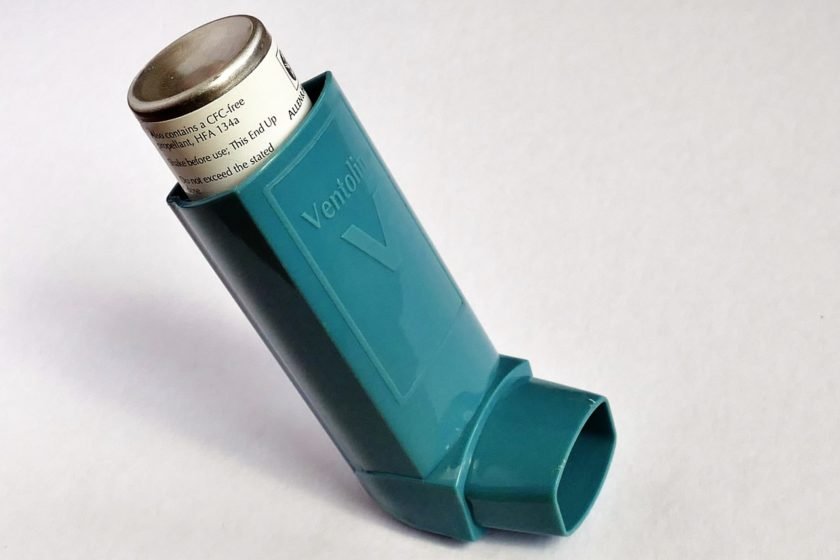It’s no secret that stress and anxiety can cause a world of trouble for you physically, mentally and emotionally. And chronic stress not only causes long-term issues, such as an increased risk for a heart attack, it also causes more immediate symptoms, some of which might not have occurred to you. And while stress is not innately a bad thing, chronic exposure to intensely stressful situations can have its ramifications on your health. Being aware of the symptoms can help alert you that it’s time to incorporate some stress-management techniques.
Here are some of the instant physical symptoms of stress:
Croaky Throat
Do you find yourself having to clear your throat and drink ample fluids before giving a speech? That’s your throat’s reaction to stress. When anxious feelings settle in, fluids are transferred to more vital locations in the body. This causes spasms in the throat muscles, resulting in tightness, dryness, and making it difficult to swallow.
Liver Reactions
The adrenal system has its own way of dealing with stress. It produces an excessive amount of the stress hormone cortisol. This leads to an increase in glucose, the high-energy blood sugar that employs your “fight or flight” reactions. Many people have bodies that enable them to reabsorb the extra blood sugar without incurring damage. For diabetics, however the extra blood sugar could mean health issues.

Skin Reactions
From clammy sweat to flushed cheeks, the skin also has its own ways of displaying outward signs of immediate stress. And it’s all due to a change in blood flow. “Fight or flight” pushes more blood to your muscles — which is good, when there’s an immediate need for it. However, overtime, this reaction can make the skin age faster. Stress can also cause an increase in histamine, which can result in swelling.
Overactive Spleen
In order to replenish oxygen to the body that may have been depleted during a stressful ordeal, the spleen discharges extra red and white blood cells. Furthermore, during this process, your blood flow increases by 300 to 400 percent in order to prep the rest of the body for added demands.
Muscle Tension
Stress is a literal pain in the neck! Feelings of anxiety cause the body to tighten up. This causes strain on large muscle groups. Chronic stress can aggravate this tension, which can result in headaches, stiff shoulders, neck pain and even migraines. What’s more, people who experience a constant state of stress also at a higher risk for chronic musculoskeletal disorders.
And after a while, chronic anxiety causes your body to exhibit other health issues, such as:
Your Heart
Chronic stress leads to a higher risk of heart problems, caused by increased heart rate, elevated blood pressure and spikes of cortisol. Long-term stress can also lead to hypertension, arrhythmia and an increased risk for heart attack or stroke.

Your Lungs
Studies have shown that there is a correlation between stress and asthma. And asthmatics are also more likely to undergo panic attacks. Additionally, chronic stress can also exacerbate symptoms ofCOPD.
Your Brain
The most prominent reaction to anxiety is psychological. Chronic stress and anxiety can affect areas of the brain that influence both long-term and short-term memory. This doesn’t mean the memory is gone, rather, it means it becomes difficult for your brain to retrieve information.
Your Immune System
The stress monster also takes its toll on the immune system. The good old “fight or flight” reaction has a role here, too; when it’s engaged, it suppresses your immune system. So, when you’re stressed, you’re more likely to catch a bug and are more susceptible to infections.
Your Digestive System
Stress can cause esophagus spasms. Furthermore, it can increase the acid in your stomach, which leads to indigestion. And your stomach can shut down, making you feel nauseous. Long-term stress can also affect your intestines, leading to reflux, diarrhea, and bloating.